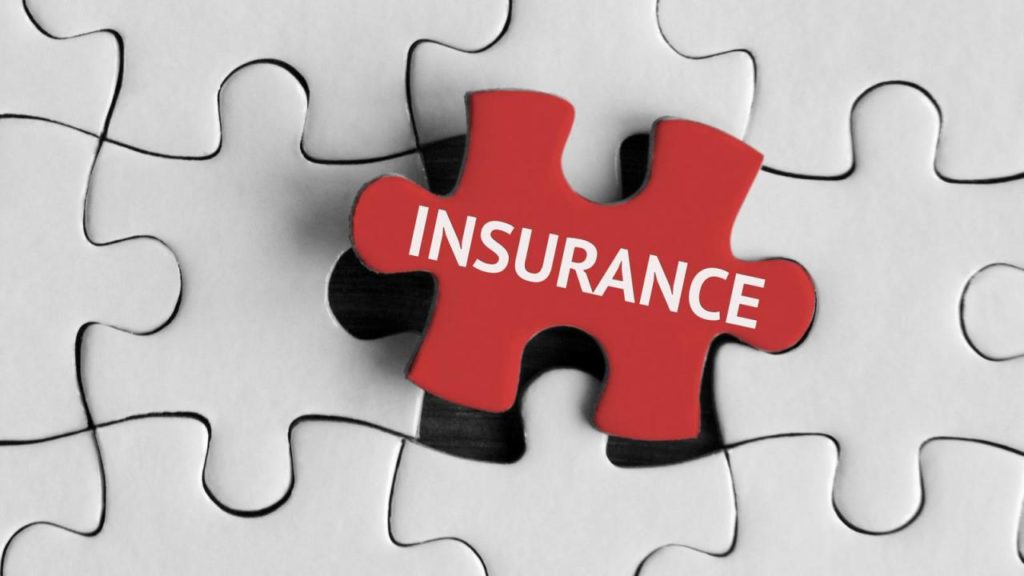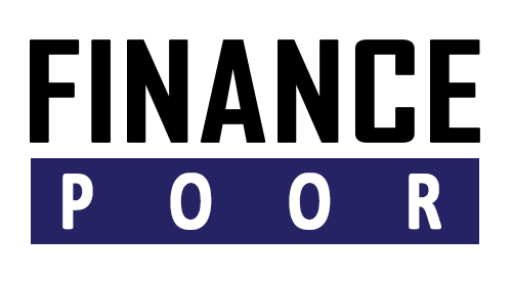Eyelid surgery is one of the most popular cosmetic procedures performed in different parts of the world each year, and for a good reason. It can dramatically enhance your appearance, giving you a more youthful and rejuvenated appearance. However, it is essential that you only undergo this type of procedure by a qualified doctor who has the training and experience to do it right. If you are considering eyelid surgery, below is a guide on how to get insurance to pay for eyelid surgery. Those ways include;
Prove that your vision is significantly affected
Bring in an ophthalmologist (eye doctor) to determine if corrective surgery is needed. If they decide that it is not necessary, you may still be able to obtain medical insurance coverage for your eyelid surgery. If your medical insurance does not cover any part of your eyelid surgery, you may want to think about going through a health savings account (HSA). That is a tax-advantaged account that you can use to pay for medical expenses not covered by insurance. To qualify for this type of account, you must have high-deductible health insurance and a health care FSA.
Have a pre-existing condition
That means if you have had anything significant that would prevent you from getting coverage under any other plan. That includes cancer, skin conditions like acne or severe eczema, being over 40 years old, or suffering from depression. You also might be refused coverage if you have received certain types of cosmetic surgery in the past. That includes but is not limited to nose jobs, breast augmentation, tummy tucks, and thigh lifts. However, having had one or more of these procedures does NOT necessarily mean you will be denied coverage for eyelid surgery. Also, some plans have a lifetime maximum on how much coverage you can receive for medical procedures.
When the condition was caused by congenital abnormalities and other conditions
If this is the case, your medical insurance company will usually cover your surgery as long as an accredited surgeon performs the procedure. Your medical insurance company will probably require proof of this type of condition before they will approve your surgery. The easiest way to provide this proof is to have a letter from your doctor or another medical professional describing the condition and stating it was present at birth or developed in early childhood. Eyelid surgery may be covered by medical insurance if your vision is significantly affected by droopy eyelids. Bring in an ophthalmologist (eye doctor) to determine if corrective surgery is needed. If they decide that it is not necessary, you may still be able to obtain medical insurance coverage for your eyelid surgery. If your medical insurance does not cover any part of your eyelid surgery, you may want to think about going through a health savings account (HSA).

When there is loose skin covering the eye
That can cause irritation and infection, which can lead to vision problems. Get rid of this excess skin by having a small incision inside the fold of your eyelid. Remove the skin and tighten up the underlying tissue. That will give you a more youthful and rejuvenated appearance. Bring in an ophthalmologist (eye doctor) to determine if corrective surgery is needed. If they determine that it is not necessary, you may still be able to obtain medical insurance coverage for your eyelid surgery. If your medical insurance does not cover any part of your eyelid surgery, you may want to think about going through a health savings account (HSA). When the sagging occurs from an injury
If that is the case, your medical insurance company will usually cover your surgery as long as the injury occurred more than 31-days ago and is not related to your current condition. Your medical insurance company will probably require proof of this type of condition before they will approve your surgery. The easiest way to provide this proof is to have a letter from your doctor or another medical professional describing the specific condition and stating it was caused by an injury that happened more than 31-days ago. Eyelid surgery may be covered by medical insurance if your vision is significantly affected by droopy eyelids.
When the surgery is deemed a medical necessity
Your medical insurance company will decide if eyelid surgery is considered a medical necessity. They will use their criteria to make this determination. Usually, medical insurance companies will pay for eyelid surgery if: * the surgery will improve the quality of your life. For example, if you’re drooping eyelids are causing you to get irritated, tired, depressed, and anxious, your medical insurance company will probably see your eyelids as a physical manifestation of these emotional problems and will agree that corrective surgery is a medical necessity.
The medical necessity of the surgery outweighs the financial cost of the surgery. This decision is usually based on how much your medical insurance costs compared to the surgery cost. For example, suppose your medical insurance costs $500 per month and the cost of your eyelid surgery is $3,000. In that case, your medical insurance company may decide it would be a financial hardship for you to have the surgery. On the other hand, if you’re medical insurance only costs $50 per month, and the cost of your eyelid surgery is $3,000, your medical insurance company may decide it would be a financial boon for you to have the surgery. There are other factors your medical insurance company will consider in this type of situation how to get insurance to pay for eyelid surgery, but those are the main ones.
Conclusion
In conclusion, you must do one or more of the following on how to get insurance to pay for eyelid surgery: * Make sure you tell your medical insurance company that you have severe eye problems caused by droopy eyelids. If your medical insurance does not cover any part of your surgery, you may want to think about going through a health savings account (HSA). Have your eyes been examined by an ophthalmologist (eye doctor) before you make any decision about having surgery? If the sagging occurs from an injury, your medical insurance company will usually cover your surgery as long as the injury occurred more than 31-days ago and is not related to your current condition. The easiest way to provide this proof is to have a letter from your doctor or another medical professional describing the specific condition and stating it was caused by an injury that happened more than 31-days ago. If your medical insurance company decides eyelid surgery is a medical necessity for you, they will use their criteria to make this determination.
